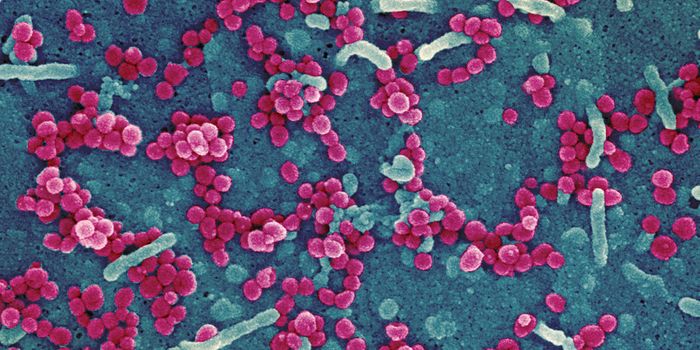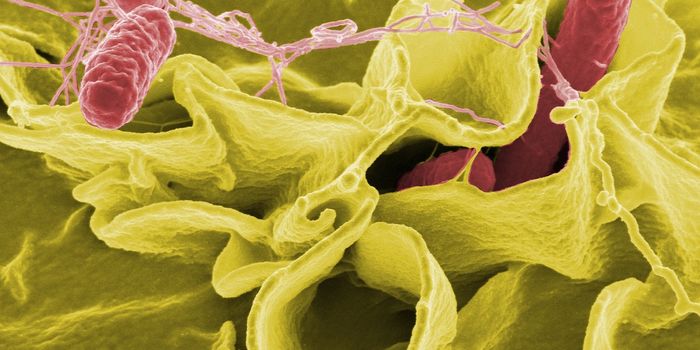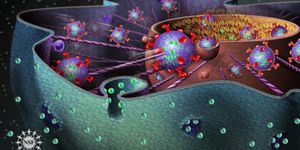Here's What Omega-3 Fatty Acids Can Do For You
The body can’t make omega-3 fatty acids on its own, which is why nutrition scientists stress the importance of obtaining omega-3 fatty acids through the diet. Discerning the specific mechanisms by which these essential fats improve human health has been a slow-moving process, but now scientists from the Norwegian University of Science and Technology zero in on one beneficial activity: dampening of harmful inflammatory reactions.
Inflammation is a tricky process; in the context of a pathogenic invasion, the inflammatory response is vital for bringing immune cells to the site of infection to fight against bacteria, viruses, or some other pathogen. But if the immune system accidentally performs the same action when there’s no infection, autoimmune diseases, allergies, and many chronic diseases like cancer can develop.
In light of inflammation and how “fickle” it can be, scientists are looking at how omega-3 fatty acids play into regulating inflammation. And researchers believe the intricate relationship between macrophages and autophagy is definitely involved.
Macrophages are immune cells that primarily engulf and digest pathogens through a process called phagocytosis. They’re also responsible for directing and monitoring the inflammatory response, both at “appropriate” and “inappropriate” times. Depending on certain factors, macrophage activity can be more or less robust, and autophagy plays a big role in pushing macrophages one way or the other.
Researchers found that autophagy, the process of degrading proteins that are damaged or no longer needed, is extremely important for determining whether a macrophages is “calm or hyperactive.” And if omega-3 fatty acids influence autophagy, incorporating them into the diet could alter macrophages so they suppress inflammation as opposed to promoting it.
Scientists from the Norwegian University of Science and Technology began by studying macrophages from mice and humans. They found that omega-3 fatty acids activated autophagy including specific proteins that influence macrophage signaling, particularly the type 1 interferon response. Lastly, they found that CXCL-10, a protein produced by macrophages that’s involved in the type 1 interferon response, was the “most clearly reduced factor.”
Researchers involved in the study say that there is “a lot left to be done” in determining the specific role of omega-3 fatty acids in preventing disease. But with a clear connection made between them and reducing “bad” inflammation through autophagy and macrophage activity, researchers hope that someday increasing amounts of omega-3 fatty acids in the diet could reduce the prevalence of diseases like cancer, Alzheimer’s, multiple sclerosis, and meningitis.
Omega-3 fatty acids are commonly found in foods like fish, vegetable oils, nuts, flax seeds, and leafy vegetables, but some people choose to obtain them via supplements.
The present study was published in the journal Autophagy.
Sources: Harvard School of Public Health, Norwegian University of Science and Technology









